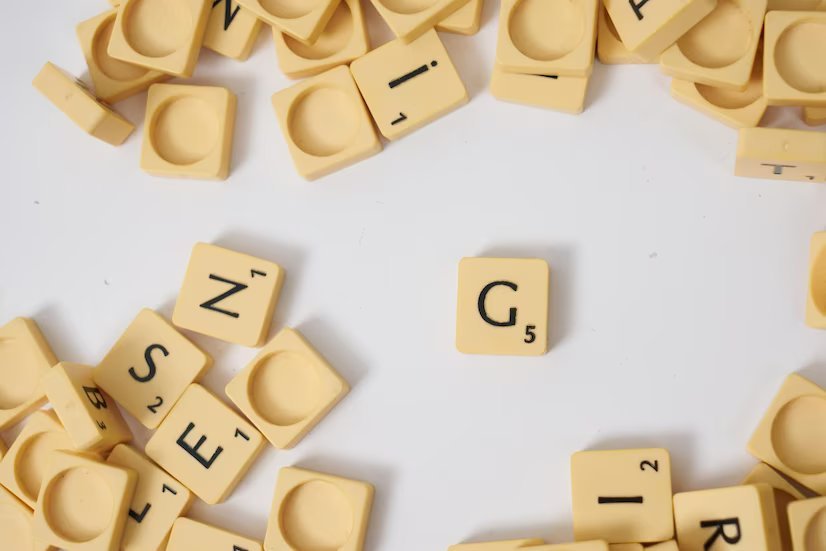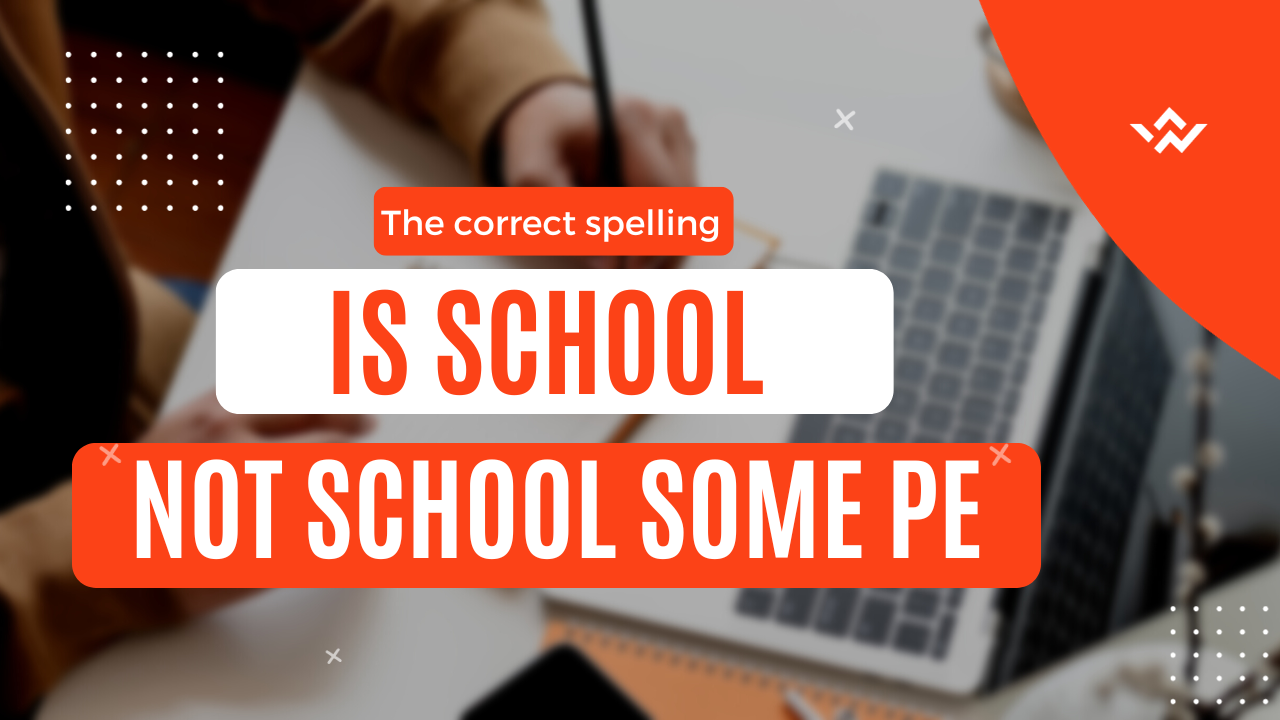The correct spelling is school not school some pe – tymoff
- 1 The correct spelling is school not school some pe – tymoff: The value of education
- 1.1 The correct spelling is school not school. some pe – tymoff: Schools’ role in education
- 1.2 The correct spelling is school not school. some pe – tymoff: Correct spelling: “school”
- 1.3 The correct spelling is school not school. some pe – tymoff: Possible Misunderstandings
- 1.4 The correct spelling is school not school. some pe – tymoff: Clear Communication
- 1.5 The correct spelling is school not school. some pe – tymoff: School purposes in society
- 1.6 The correct spelling is school not school. some pe – tymoff: Key school goals:
- 2 Conclusion
Effective communication requires spelling and grammar. In the world of texting and rapid online chats, acronyms and slang might be confusing. One example is the confusion between “school” and “school,” typically with “PE” and “Tymoff.” This post will explain “The correct spelling is school not school. some pe – tymoff”.
The correct spelling is school not school some pe – tymoff: The value of education
Education is considered essential to human progress and empowerment. It extends vistas, creates possibilities, and helps people reach their potential. Education provides knowledge, critical thinking, and problem-solving skills to negotiate life’s difficulties. It encourages creativity, communication, curiosity, and lifelong learning. Education fosters social cohesion, morals, and responsible citizenship.
The correct spelling is school not school. some pe – tymoff: Schools’ role in education

Schools are the main places for formal education. They help create a controlled and comfortable learning environment for kids. The curriculum covers many areas, giving pupils a wide education. They implement a methodical approach to education, ensuring sequential learning and grade progression. Teachers are skilled and experienced to lead and promote learning, delivering quality education.
The correct spelling is school not school. some pe – tymoff: Correct spelling: “school”
First, “school” should be spelled correctly and consistently. An educational institution that teaches pupils. This spelling is used widely in academia, and errors can cause confusion.
PE: Physical Education
“PE” means “Physical Education.” A well-rounded education that emphasises exercise, sports, and healthy living is it. Schools include physical education programmes to encourage pupils to exercise and be healthy.
Non-Standard Term: “Tymoff”
In spelling and education, “Tymoff” has no accepted definition. Slang or internet abbreviations may have impacted this informal phrase.
The correct spelling is school not school. some pe – tymoff: Possible Misunderstandings

Typographical errors, digital autocorrect, and informal internet chats can confuse “school” and “school”. It’s crucial to acknowledge such errors, but written communication, especially in formal and academic settings, should be accurate and clear.
The correct spelling is school not school. some pe – tymoff: Clear Communication
Spelling, grammar, and word usage are essential for communication. To avoid misunderstandings, spell words correctly when writing or typing communications, papers, or academic work.
The correct spelling is school not school. some pe – tymoff: School purposes in society

The function of schools goes beyond teaching. Schools serve several critical functions in society.
Functions include:
- Students receive formal education at schools: They help people learn skills for personal growth, job advancement, and citizenship. Education promotes critical thinking, problem-solving, and intellectual development to help people navigate the world.
- Socialisation: Schools foster cultural awareness and social integration. They allow children to collaborate and build social skills. Diversity and inclusion in schools foster respect, understanding, and awareness of many perspectives, educating children to be responsible and involved citizens.
- Personal Development: Schools help children develop holistically. Learners develop intellectually, emotionally, physically, and morally. Schools shape students’ identities and self-confidence by developing their talents, interests, and values.
- Future Preparation: Schools prepare students for college or the workforce. They give pupils academic understanding, study skills, and vital competencies for college and job success. Schools help students explore career options and make educated judgements.
The correct spelling is school not school. some pe – tymoff: Key school goals:

Schools have numerous goals that govern their operations and curriculum.
Objectives include:
- Knowledge Acquisition: Schools help students learn subject-specific content across disciplines. They nurture intellectual growth and academic success with an organised curriculum that spans several areas.
- Schools provide a: Variety of skills for students’ personal and professional lives. The talents are communication, problem-solving, critical thinking, creativity, cooperation, and digital literacy. Students practice and improve these skills through school activities and projects.
- Character Building: Schools teach students good values. Their values include ethics, accountability, respect, empathy, and cultural understanding. Schools aim to create well-rounded, community-minded students.
- Individualised Learning: Schools recognise students’ needs and learning methods. A helpful and inclusive learning environment for various learners is their goal. To accommodate student requirements, schools may use differentiated instruction, adaptive learning tools, and personalised interventions.
- Assessment and Evaluation: Schools assess pupils and provide comments in numerous ways. They analyse learning outcomes, identify areas for improvement, and help students advance academically using formative and summative exams.
Conclusion
In written communication, accuracy matters. The correct spelling of “school” is “school,” while “PE” stands for “Physical Education.” Online chats may use informal or slang phrases, but it’s important to be clear and follow conventional language rules, especially in serious or academic settings. Communicating things clearly and accurately avoids confusion.

















